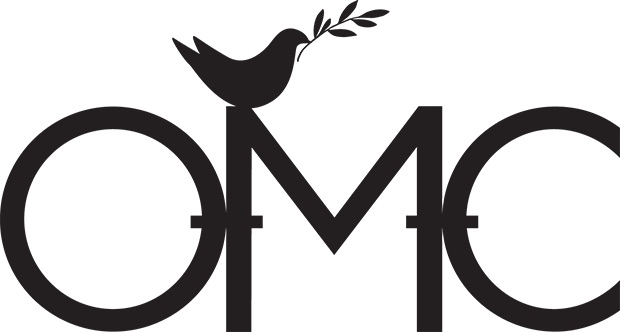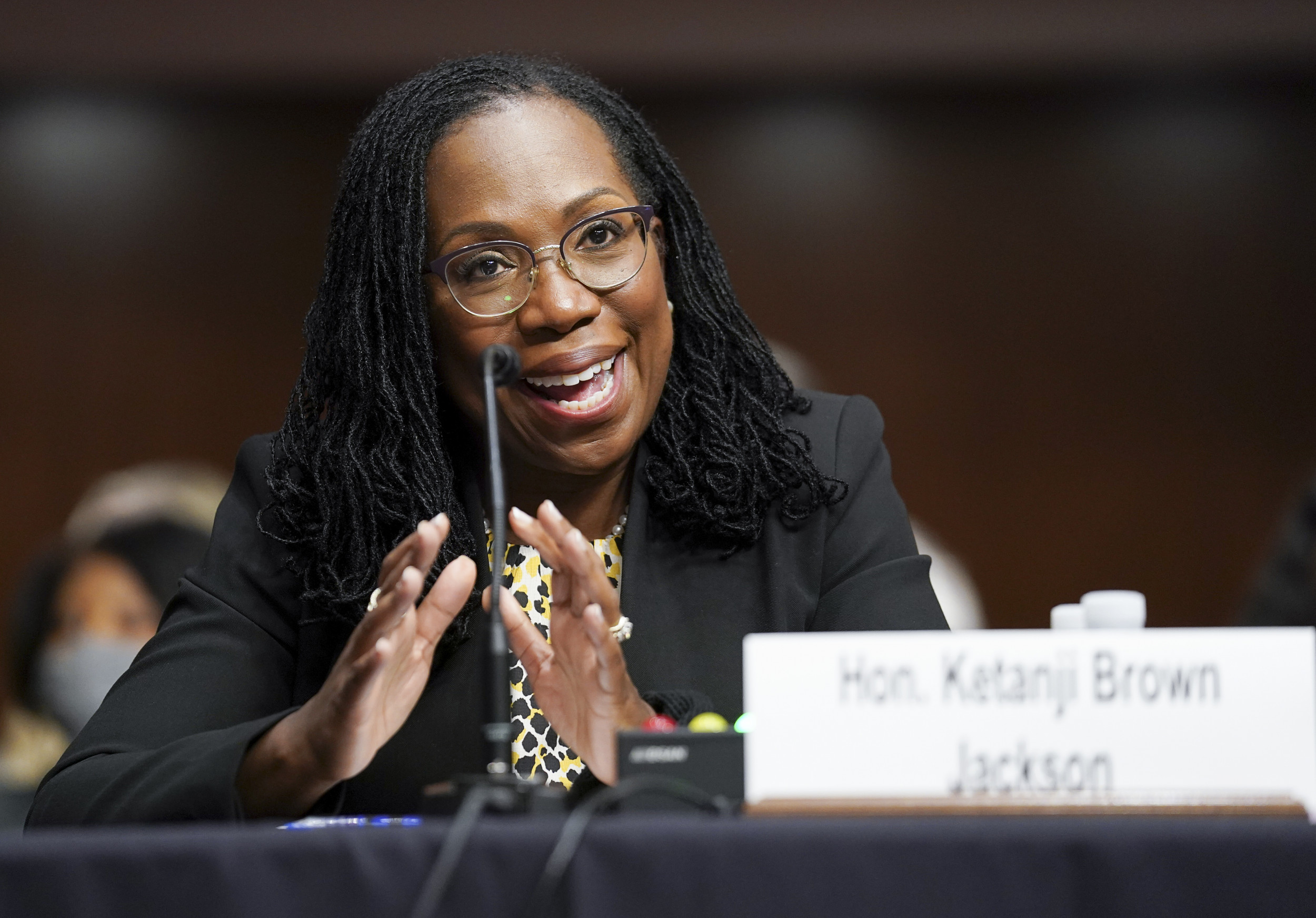We have another historic first: President Biden’s nomination of Ketanji Brown Jackson to the Supreme Court of the United States. If confirmed, she will be the first black woman to sit on the court. I applaud this move toward greater diversity and representation. I also wonder, when will it stop being historic? When will it stop mattering? Perhaps, only when we can stop asking those questions. Until then, diversity matters.
Some cry foul. Months ago, Biden committed to nominating a black woman. Shouldn’t he nominate the “most qualified,” rather than limit the pool of candidates by some arbitrary demographics?
Let’s be clear: race and gender are not arbitrary. Until the 1960s (for almost 200 years!), the only candidates considered were white males. The first black man (Marshall) joined the court in 1967 and the first woman (O’Connor) in 1981. In 2022, white males still make up the majority of the court (5 of 9) and all elected offices in the federal government, though they are only 30% of the population. Let’s also be clear that Jackson is highly qualified.
Representation matters. Biden chose to select his nominee from a pool of highly qualified black female judges. This is an example of what Ibram X. Kendi calls “anti-racist discrimination” (check out his book How to be an Antiracist). Kendi points out that not all discrimination is racist. This concept is built on the understanding of racial inequity, which we can all see through a cursory study of such things as wage gaps, incarceration rates, and demographics of elected representatives. Racial inequity is an unavoidable and historic fact in the United States. Certain policies reinforce racial inequity. One of Kendi’s key contributions is to label these policies as racist rather than dismissing people themselves as racist. In contrast, policies that produce or sustain racial equity are considered anti-racist policies.
Subjective Representation
Diversity matters by promoting equity in at least two ways. First is subjective representation. Imagine entering a crowded space where you recognize no one and nobody looks like you. This can feel unwelcoming. You are a unique individual, but in this space where you are not represented, there is pressure to integrate and conform. This is true in government, work, school, and a host of other spaces, including church and camp. We need diversity in all of these spaces so that people feel represented and are able to imagine themselves in the position of power, whether that is a camp counselor, teacher, CEO, or supreme court justice.
There are countless stories of inspiration that come to mind. One of my favorite examples is Nichelle Nichols, a black woman who played the flight officer Lieutenant Uhura in the 1960s TV series Star Trek. It was a revolutionary role that inspired countless young women of color. In fact, when Nichols determined that she did not want to continue on the show, Martin Luther King Jr. convinced her of the role’s importance. She went on to inspire and even help recruit female and minority astronauts for NASA. These included the first female (Sally Ride), first black astronaut (Guion Bluford), future NASA administrator Charles Bolden, and astronaut Mae Jemison. These people, in turn, inspired others to pursue careers in the aerospace industry, a space no longer reserved exclusively for white men who have “the right stuff.”
I am excited to hear how Justice Jackson’s presence on the supreme court will inspire young people of color to pursue careers in political science and criminal justice, expanding opportunity and equity. I am also excited for those who will see themselves represented on the highest court for the first time.
Objective Representation
Diversity matters because it also promotes equity through the actual presence and work of the representatives. They are much more than symbols. Their presence can inspire and make people feel represented. But their presence also means actual, objective representation of diverse viewpoints. This will be a crucial role of Justice Jackson on the supreme court. She brings her own bodily wisdom of life as a black woman, with direct experience of the inequities in the criminal justice system through her family story, work as a public defender, and substantial experience on the bench. Diversity leads to equity because diverse voices offer unique perspectives that influence policy. Jackson’s decisions as a supreme court justice will influence Americans for generations. That is objective representation.
We need diversity in all areas of influence in our society, from the camp counselor to the supreme court justice. The young girl at camp this summer may be inspired by Justice Jackson, but she needs personal influencers and mentors in her life, as well. Camp has a long, troubling history of exclusion, and it continues to be a place of unequal representation. I have written about this elsewhere. Camps have taken important steps in recent years to reach out to diverse camper populations and hire diverse staff members. These efforts can be difficult and even frustrating, but they are incredibly important. The highly relational environment of camp offers incredible opportunities to understand the other and gain perspective of diverse viewpoints or life experiences. Hiring a diverse staff is also an essential step in providing a safe space for campers.
Diversity matters. Let your campers be inspired by the presence of people who look like them, and make sure these people have actual influence, as well. We will all be better for it.










0 Comments